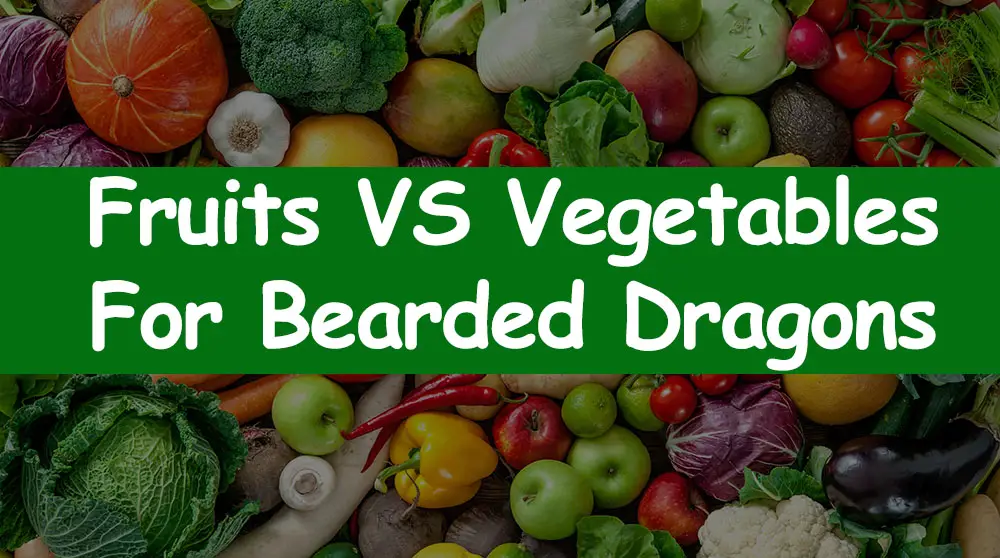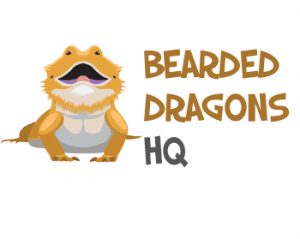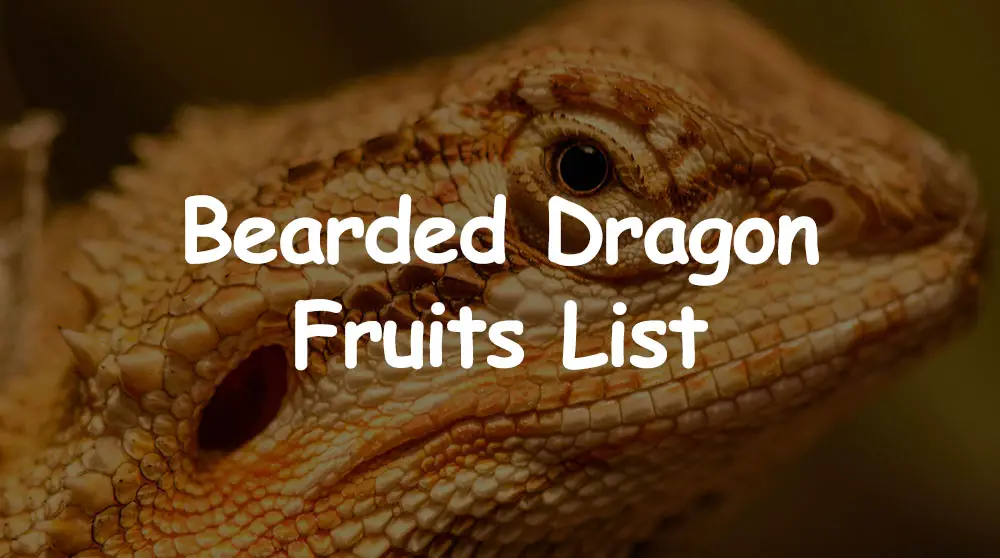We have an exhuastive list of fruits that bearded dragons can and cannot eat.
Bearded dragons are omnivores, which means they need both animal protein and vegetation in their diet.
Fruits can make up a small part of their overall diet, but there are some things to consider when feeding your beardie fruit.
How Often Should I Feed My Bearded Dragon Fruits?
You should feed your bearded dragon fruits based on it’s age.
Please refer to our Bearded Dragon Diet Chart. Baby bearded dragons will consume a different amount of fruit vs feeder insects or protein in each stage of their life.
A bearded dragon is considered full grown when they are 18+ months.
Bearded Dragons Fruits List
- Can Bearded Dragons Eat Grapes?
- Can Bearded Dragons Eat Nectarines?
- Can Bearded Dragons Eat Blackberries?
- Can Bearded Dragons Eat Dragon Fruit?
- Can Bearded Dragons Eat Pomegranate?
- Can Bearded Dragons Eat Cranberries?
- Can Bearded Dragons Eat Cherries?
- Can Bearded Dragons Eat Kiwi?
- Can Bearded Dragons Eat Pineapple?
- Can Bearded Dragons Eat Papaya?
- Can Bearded Dragons Eat Applesauce?
- Can Bearded Dragons Eat Melon?
- Can Bearded Dragons Eat Strawberries?
- Can Bearded Dragons Eat Mango?
- Can Bearded Dragons Eat Pears?
- Can Bearded Dragons Eat Blueberries?
- Can Bearded Dragons Eat Raspberries?
- Can Bearded Dragons Eat Apples?
- Can Bearded Dragons Eat Cherry Tomatoes?
- Can Bearded Dragons Eat Watermelon?
- Can Bearded Dragons Eat Bananas?
- Can Bearded Dragons Eat Tomatoes?
- Can Bearded Dragons Eat Plums?
- Can Bearded Dragons Eat Oranges?
Can Bearded Dragons Eat Frozen Fruit?
Frozen fruit can be a very refreshing treat for your bearded dragon during the hot summer months.
Some good frozen fruit options include: mango, strawberries, blueberries, and blackberries.
Simply take the desired amount of fruit and place it in a cup or Tupperware container.
Next, fill the container with water so that the fruit is just covered. Place the container in the freezer and let it sit until frozen.
Once frozen, take out the desired amount of fruit for your bearded dragon and place it in their enclosure on a dish.
Make sure to cut up the fruit into small enough pieces for your bearded dragon.

Fruits VS Vegetables for Bearded Dragons
When it comes to bearded dragons, most people think of them as carnivores since they mainly eat insects.
However, bearded dragons are actually omnivores, which means they need both animal protein and vegetation in their diet.
Fruits and vegetables can make up a significant part of their overall diet, but there are some things to consider when feeding your beardie fruits and vegetables.
The main difference between fruits and vegetables is the sugar content. Fruits generally have a higher sugar content than vegetables, so they should be fed in moderation.
Too much sugar can lead to weight gain and other health problems in bearded dragons.
Additionally, some fruits and vegetables are higher in oxalates than others.
Oxalates are compounds that can bind to calcium and prevent absorption. This can lead to health problems such as metabolic bone disease.
For this reason, it’s important to choose fruits and vegetables that are lower in oxalates.
Some good options include: kale, collard greens, turnip greens, and butternut squash.
When feeding your bearded dragon fruits and vegetables, it’s important to wash them thoroughly to remove any pesticides or other chemicals.
Additionally, you should cut them into small enough pieces for your bearded dragon to eat.
Finally, you should offer a variety of different fruits and vegetables to ensure that your bearded dragon is getting a well-rounded diet.

